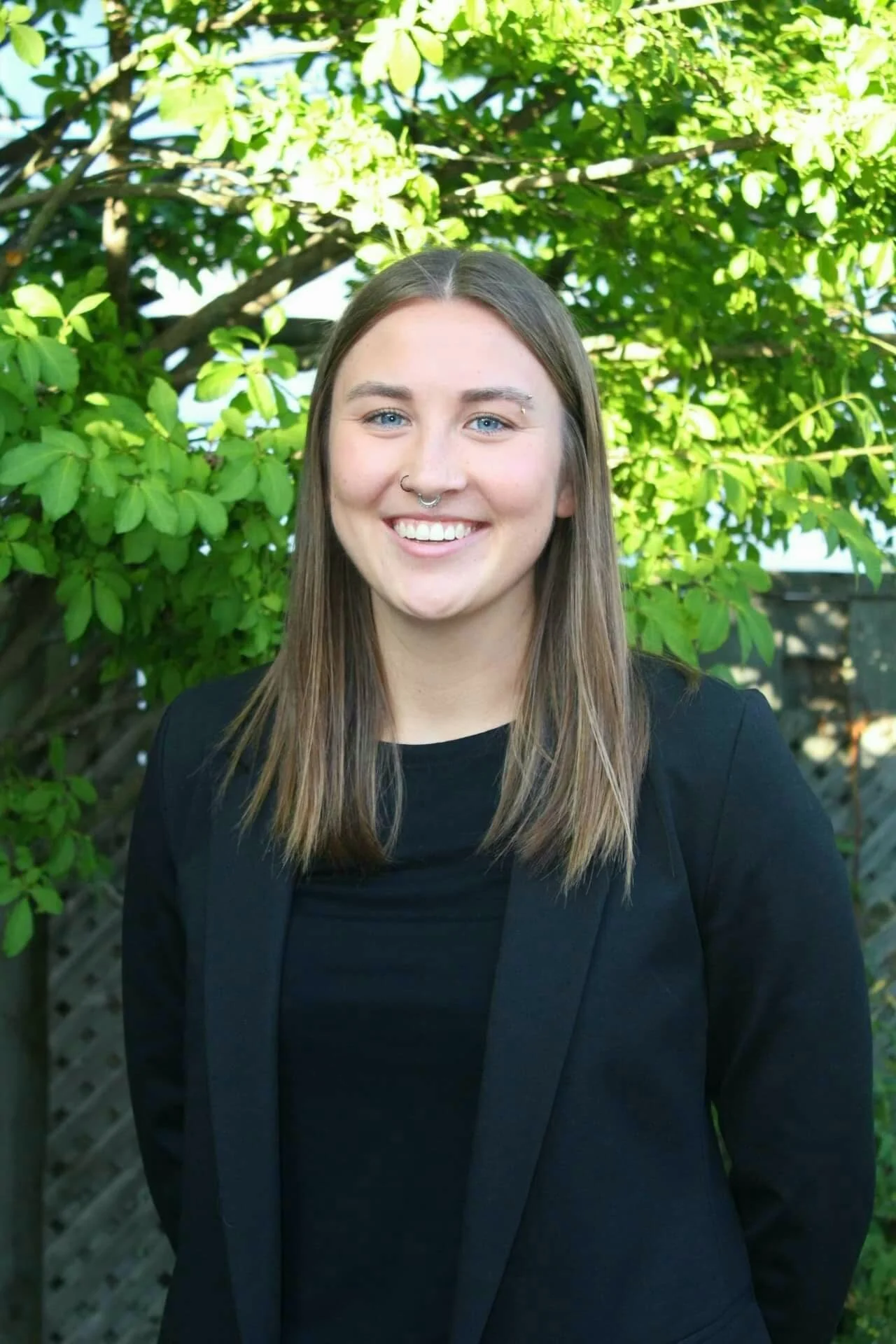Research Staff & Postdoctoral fellows
Carlee Wright
IHACC Project Manager
University of Alberta
Shaugn Coggins
Research Assistant
University of Alberta
Andrea Valdivia Gago
Research Assistant
Cayetano Heredia University
PHD STUDENTS
Ingrid Arotoma Rojas
University of Leeds
Marina Banuet Martínez
University of Alberta
Katy Davis
University of Leeds
Melanie Flynn
University of Leeds
Kaitlin Patterson
University of Guelph
Giulia Scarpa
University of Leeds
Paola Torres-Slimming
Cayetano University
MASTERS STUDENTS
Triphine Ainembabazi
Makerere University
Madison Cooper
University of Alberta
Martin Kigozi
Makerere University
Emilinah Namaganda
Makerere University
Rosa Mercedes Silvera
Cayetano University
UNDERGRADUATE STUDENTS
STUDENT & TRAINEE BIOgraphies
MARINA BANUET MARTINEZ
Marina completed with honours her BSc in microbiology in 2016 and her MSc in biological sciences, specialized in molecular biology in 2018, at Universidad Autónoma de Querétaro in Mexico. She worked with marine mammals as a biological model since 2014. Her research work was based on analyzing the effect of climate change on health in wildlife populations. She is interested in the impact of environmental variations on disadvantaged communities' health status and the behaviour of the dynamics of infectious diseases within these populations during environmental variations events.
KATY DAVIS
Katy is based at the University of Leeds, and is co-supervised by Dr. Ford and Dr. Harper. Her PhD research focuses on participatory climate modelling, ethnoclimatology, and human health in the Canadian Arctic. It aims to use co-research to develop and apply a new framework that will connect Indigenous Knowledge and science to model how climate change-related changes in trail access impacts health. Katy has a BSc in Neuroscience from the University of Bristol and an MSc in Global Health and Development from University College London. She has experience in the use of qualitative, participatory, and quantitative research methods for global health research and an interest in innovative mixed-methods research.
Carlee Wright
Carlee completed her Masters degree in Population Medicine at the University of Guelph in 2017, and is currently the IHACC project manager. Carlee's MSc research used an EcoHealth framework to understand drinking water storage and contamination, acute gastrointestinal illness, and water consumption in the community of Rigolet in Nunatsiavut.
Melanie flynn
Melanie is a PhD student working with Indigenous communities in the Arctic to explore culturally appropriate ways to plan for and adapt to climate change. Her research interests include knowledge co-production, effective adaptation, participatory methods and usable science.
KAitlin patterson
Kate is a PhD student in Population Medicine and International Development at the University of Guelph. Her Masters in Health Geography from McGill University (Supervisor: Dr. Lea Berrang Ford) focused on food security among the Indigenous Batwa of Kanungu District, Uganda. Kate is now shifting her focus to maternal and infant health among the Batwa, a key priority identified at the local and national levels in Uganda for her PhD.
kpatte08@uoguelph.ca // www.epidemiologykate.wordpress.com
GiUlia Scarpa
Giulia is a PhD student at the University of Leeds, working under supervision of Dr Lea Berrang Ford. Giulia’s research focuses on the impacts of climatic factors on nutrients and nutrition.
Shaugn Coggins
Shaugn completed her Bachelor of Science in Environmental and Conservation Sciences in the 2019 and is currently an IHACC Research Assistant based at the University of Alberta. Her research areas of interest include the prioritization of climate justice, equity and traditional knowledge in climate change adaptation initiatives as well as community-based climate change adaptation and resilience.
Martin Kigozi
Martin is an MSc student in the Environment and Natural Resources program at Makerere University in Kampala. His graduate studies with the IHACC Project focus on the Influence of land cover/use change and water quality on the health of Batwa communities in the Kigezi Highlands.
Emilinah Namaganda
Emilinah is completing the coursework of her Master of Arts in Geography program at Makerere University. She has strong interests in the impact of climate change on water systems and the subsequent impact of such changes on rural and Indigenous livelihoods. In August 2018, Emilinah will begin working on her master thesis, where she will be conducting a scenario analysis to identify and characterize how changes in water systems in Batwa settlements could affect their agri-food futures.
Triphine Ainembabazi
Triphine is a graduate student of the Disaster Risk Management program in the Department of Geography, Geoinformatics and Climatic Sciences at Makerere University. Her research project focuses on food security and vulnerability trends of Indigenous populations amidst climate change. Previously, Triphine has worked as a research assistant with PhD student Kaitlin Patterson. Triphine also aims to hopes do research relating to hazard and risk reduction among Indigenous populations in a changing environment.
Andrea Valdivia GAGO
Andrea completed her undergraduate degree in Nutrition at Cayetano Heredia University in Peru, and is currently a Research Assistant with IHACC. Andrea participated a summer internship at the University of Alberta in 2019, where she focused on a project related to nutritional health for Shawi communities in the Peruvian Amazon.
Madison Cooper
Madison is a Master's student at the University of Alberta, pursuing an MSc in Health Promotion and Socio-behavioural Sciences. Her research interest is in climate change and mental health. She completed her undergraduate degree in Environmental Studies at Laurentian University, where she began research on how "ecological grief," the grief felt in relation to real or anticipated loss, manifests in the post-secondary classroom. Under the supervision of Drs. Sherilee Harper and Ashlee Cunsolo, Madison's research will examine how the incidence, prevalence, and distribution of climate-sensitive mental health outcomes, including ecological grief, are affecting youth across the country.
Paola Torres Slimming
Paola is a PhD student at Cayetano Heredia University in Lima, Peru. Her research focuses on climatic factors, water, and health in Shawi communities in the Peruvian Amazon. Paola is interested in finding novel ways of conducting effective studies that can bring primary health care level solutions by incorporating patient and community engagement through evidence based research.
Ingrid ArOtoma ROJAS
Ingrid is a PhD student at the University of Leeds, and is currently located in Peru. Ingrid’s PhD work related to climate change impacts on Indigenous health with Shawi and Ashaninka communities in the Peruvian Amazon






























